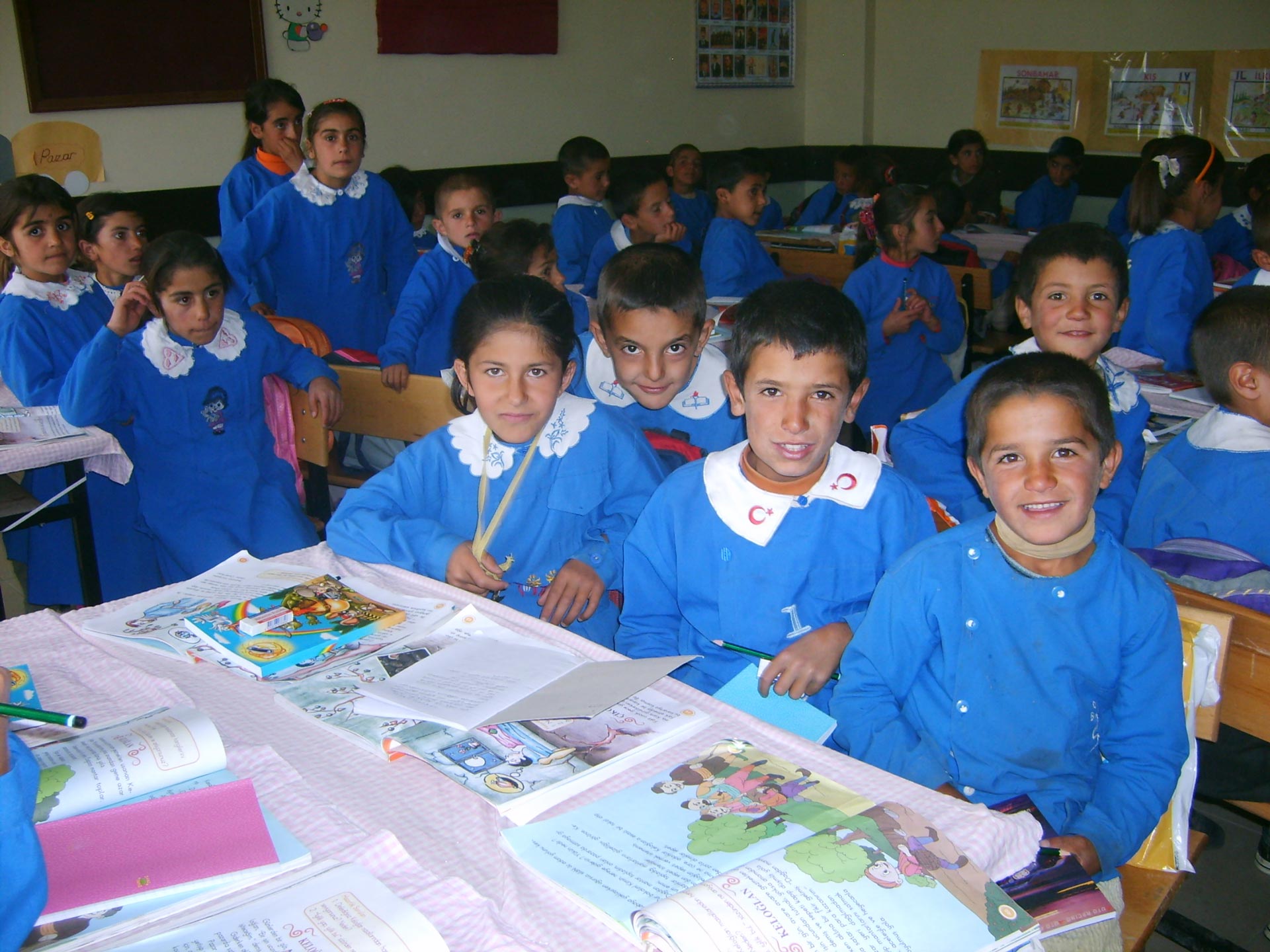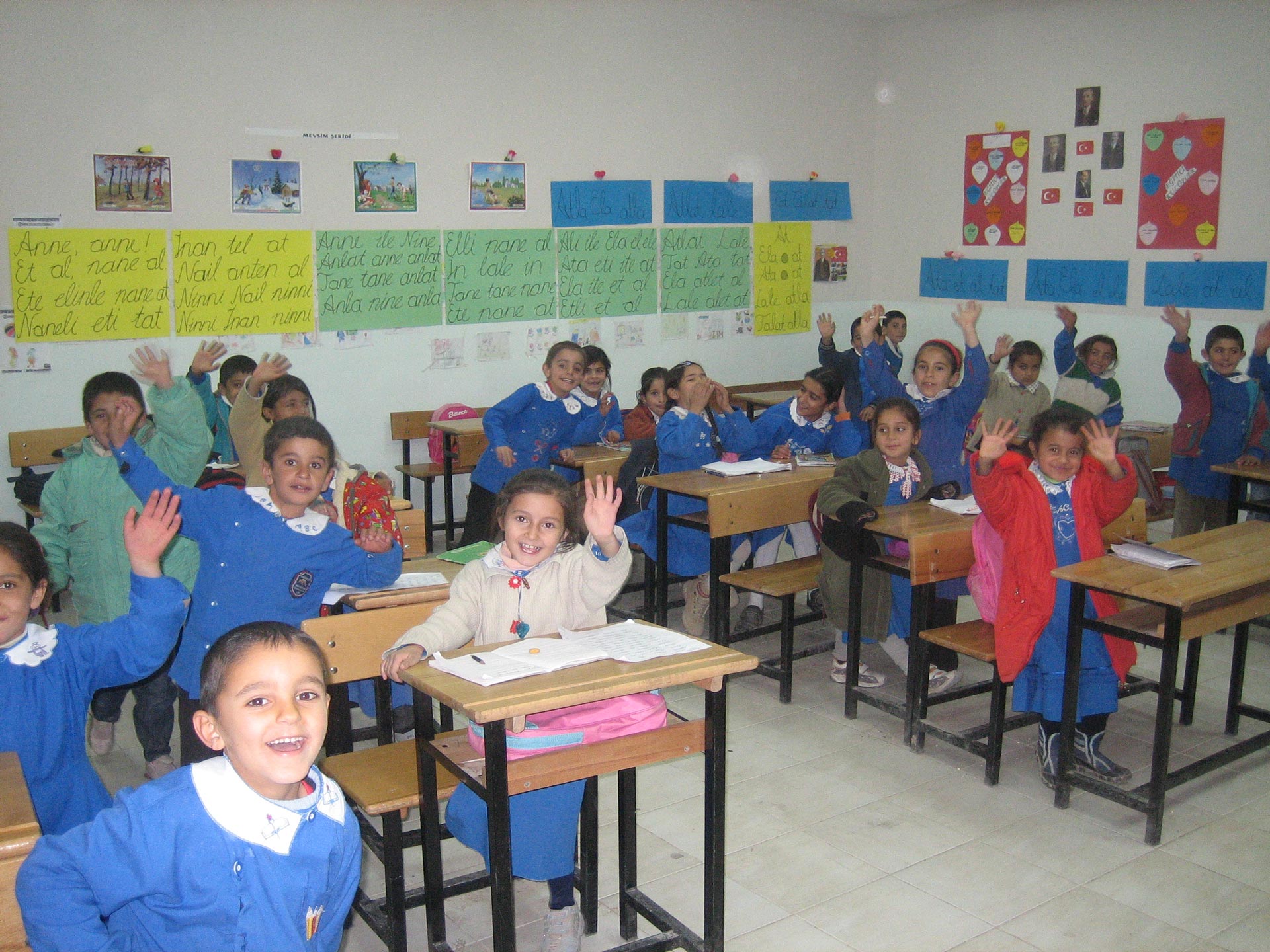For Better Livelihoods
Established in 1990, the Hüsnü M.Özyeğin Foundation is a private foundation dedicated to promoting the social and economic development of Turkey by supporting initiatives in the fields of education, girls empowerment, health and culture.
The Foundation started its activities by providing scholarships to students who need financial support with high academic success, and has provided scholarships to 23,863 students to date. The Hüsnü M. Özyeğin Foundation continues to stand by the past and the future, with the construction of schools and secondary school girls’ dormitories in the field of education, rehabilitation centers in the field of health, restoration works for the protection of cultural heritage and a total of 65 donations. To date, 23 girls’ dormitories, 1 university dormitory, 21 primary schools, 6 high schools and 3 rehabilitation centers have been built and donated. Approximately 25,000 students benefit from schools and dormitories every year. After the Marmara earthquake, 4 primary schools in Istanbul were strengthened and 4,000 computers were donated to the schools.
In order to protect the cultural heritage, the Foundation undertook the restoration of the Galata Mevlevi Lodge and supported the Diyarbakir Promotion, Culture and Solidarity Foundation to faithfully restore an old basalt stone house in Suriçi, Diyarbakir as part of the DİTAV Culture House Project. In addition, the Foundation prepared architectural and static projects of the Istanbul University State Conservatory.
The Hüsnü M. Özyeğin Foundation continues to support the development of nearly 4,000 young girls through a special life skills training program, scholarship support and various projects for young girls residing in girls’ dormitories.




